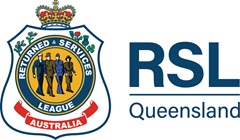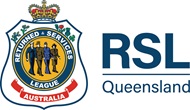
One step at a time saved this veteran
23 November 2021- Veteran stories
- Courage
Taking one step at a time is a mantra that has kept Diane Hanna going in her darkest times.
As she resettles in Brisbane after a harrowing 15-month long mission in Iraq, where she was working as an aid worker, Diane says she often feels like her mind is still catching up with it all.
“I sometimes catch myself and think where am I? I don’t know how to explain it. It’s like I’ve lived in another universe or something. It’s the result of extreme and prolonged stress,” she says.
“Your body is learning to trust that it is safe. I guess I am also starting to realise how deep into survival mode I had been. It is a traumatic response. You have to be patient and can’t force it.”
A FIGHT TO GET HOME
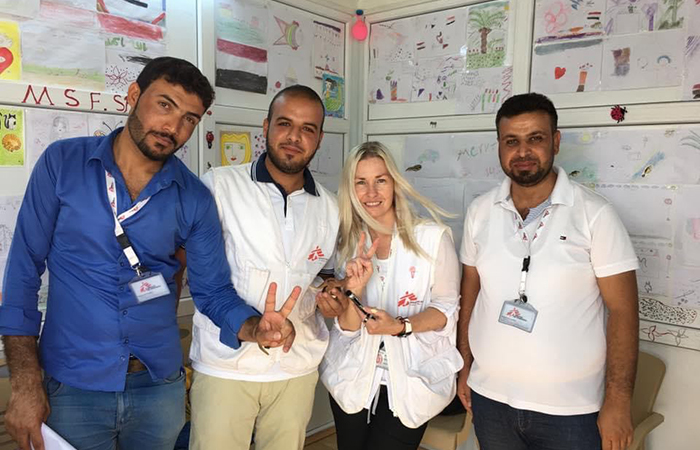
Diane with her mental health team at Jedda camp, in Qayyarah, Iraq.
The veteran, who spent six-and-a-half years serving in the Army, joined Doctors Without Borders in 2017, travelling to Iraq as an aid worker.
“The local people were so humbled and couldn't believe that someone from another country in the West would want to come there and work with them,” she says.
“That’s when you know the work you’re doing really has merit. It feels good. It’s not about a pay cheque. It’s never about a pay cheque. I just wish I could have done more.”
When COVID-19 struck, Diane – along with other aid workers – became stuck in Iraq as borders closed and lockdown started.
Then in March 2020, on the way back from attempting to source supplies, Diane was seriously injured in a fall. The injury prevented Diane from flying and meant she was forced to stay.
“We were in lockdown because of COVID and the Asayesh had checkpoints set up. You couldn’t get anywhere throughout the city,” she explains.
“My housemate and I had spent three and a half weeks living on cornflakes, tuna and a few eggs. We needed to get food, even though we were under strict lockdown orders. We decided we would walk to the end of the road because we knew it would take no more than 10 to 15 minutes.
“When I fell, I was by myself, and I remember taking a few steps towards the shopfront and then nothing. It’s just black until I come to and open my eyes. I was disorientated – like I had had a stroke. I felt like somebody had shot me twice in the leg from the bottom of the foot.
“The best scenario my doctor and I can come up with is that I snapped or tore my tendon so severely that the pain caused me to black out.”
By some miracle, Diane made it back to her house before hearing what she thought were explosions next door. The sounds were Asayesh military with AK-47s at the front of her house trying to get her into an ambulance.
Surviving an unbelievably challenging medical system and an increasingly volatile environment in Iraq with a life-threatening medical condition is the first time Diane says she felt truly terrified.
“I don’t think I was ever really scared of anything in my life. Of course, you have close calls and near misses, but this was the first time I think I ever really experienced the emotion of terror,” she says.
“It gripped me physically, mentally and spiritually. We had been trained as soldiers for hostile environments. We were taken through drills - blindfolded, our hands taped together and put on our knees. Nobody wants to think about it happening to them in a real-life scenario but sometimes, especially in Iraq, you have to confront that it could be a very real scenario.”
As she recovered and was in a position to consider attempting to get home, ongoing unrest and COVID lockdowns made it riskier.
“Leaving isn’t as simple as buying your ticket and flying out. You must have a valid Iqama – Kurdistan’s residency card – to be allowed to leave. I didn’t want to cancel mine before leaving, as you normally would, because they were doing airstrikes on the airport and had already hit it a few times. I couldn’t take the risk that I would get to the airport and not be able to leave,” she says.
“I knew I had to be ready to think on my feet if need be. It was a huge gamble, but I couldn’t see another way. My training as a soldier and psychologist helped get me through what seemed like a never-ending obstacle course.”
THE SMALL STEPS THAT STARTED HER JOURNEY
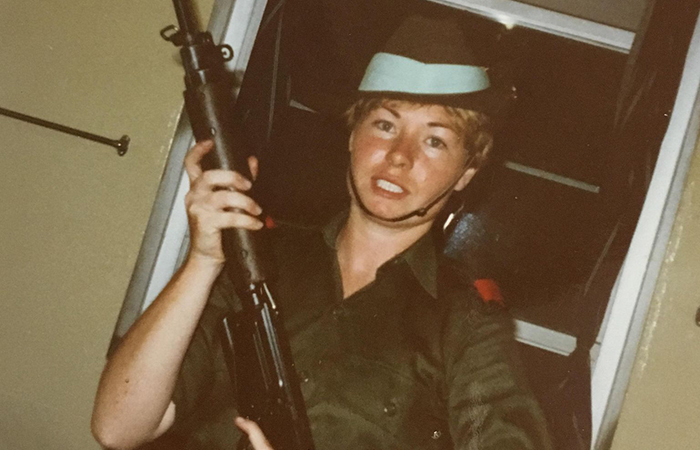
Diane during her Army training at Kapooka in 1986.
Before her humanitarian work in Iraq, Diane served in the Australian Army. She joined after finishing Year 10 in 1986.
A physical attack from a male a few years older than her at the time changed her perspective.
“I was feeling a little lost and the Army came to my school. I thought I would give it a go. I ended up being a Corps enlisted nurse. Later on, I transferred into medical.”
After six and a half years in the military, Diane studied psychology and became a registered psychologist working in mental health and holding roles with the NSW Department of Corrective Services, NSW Police and her own private practice.
“I guess you have moments in your life that shape your career path and I still maintain that it is one of the best things that sits on my CV and always will be,” she says.
Diane says that anecdotally, her time in the military has often been seen as a positive by prospective employers.
“It is a specific skillset that sets you above everyone else,” she says. “You’ve got self-determination, drive and integrity. They know you are a person who is a self-starter and has self-direction. Employers want these skills, and it sets the bar high.”
ONE FOOT IN FRONT OF THE OTHER
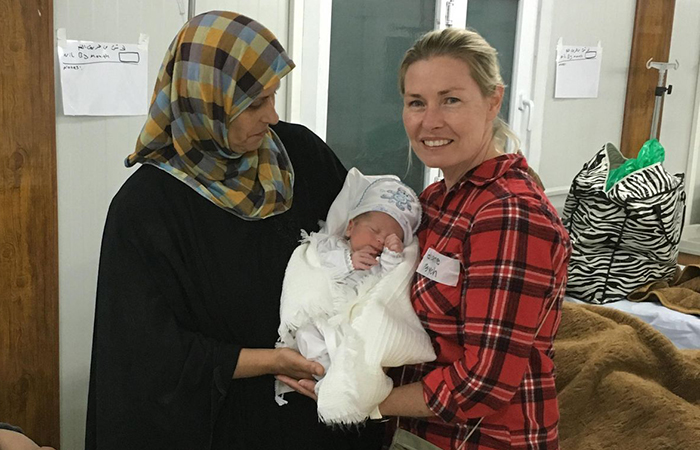
Diane in her role as Aspen Medical's surgical team psychologist, pictured with a 'miracle baby' survivor who was shot by a sniper in his mother's womb.
Diane is once again taking life one step at a time as she settles into writing her book and re-establishing herself in Australia.
“As I get back on my feet, the genuine support, compassion and validation from the team at RSL Queensland and the services available has been exceptional,” she says.
“I’ve worked in all elements of grief, loss, love and family – it is what keeps us human. It’s what keeps us moving forward and makes us get up every day.
“You don’t have to tread water fast. You must keep your legs moving nice and slowly. And you’ll get there. You pick something that drives you forward. I remember guys in the field keeping photos in their helmet or the bottom of their boots. It’s the same thing. You pick a point and keep focusing on it.”
Diane’s book, Mosul Dreaming: An Australian Psychologist in Iraq, is almost ready for publication and is expected to be finished by the end of 2021.
Want to stay informed? Subscribe today and get the latest news, services, events and more direct to your email inbox.
Related News
Loading
